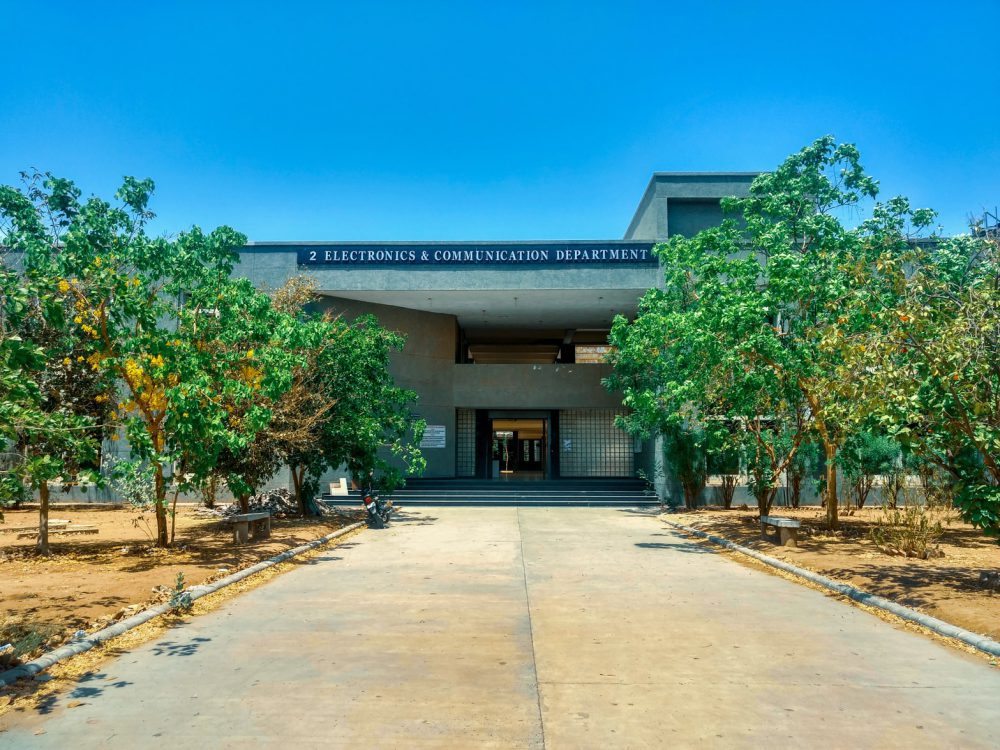The Indian Institutes of Technology (IITs) are focusing on increasing the number of students that pay full fees for their courses to reduce dependency on the government. They will be more focused on local revenues along with the government grants for research and state-funded projects.
IITs are the premier engineering and technology institutes in India when it comes to higher education. With discussions with the HRD ministry, IITs are planning to go financially autonomous. However, being autonomous require a lot of effort and most importantly funding. Although this doesn’t mean that IITs will lose the support of the government.
According to the reservation laws in the country, the Scheduled castes (SCs) and Scheduled Tribes (STs) get around 22.5% of the seats, while the Other Backward Classes (OBCs) get a reservation of 27%. People coming from the Economic Weaker Sections (EWS) have a quota of 10% reservation of seats in the IITs and higher education government institutes. The remaining 40.5% of seats are based on merits.
IITs to enroll more full fee-paying students
According to the rule, students which below to any of the above categories have to pay a lesser fee as compared to the 40.5 % students. Hence, this hurts the overall revenue of the institutions.
As a part of financial autonomy, IITs have to pay the salaries of the faculties and the other staff, look for maintenance and daily running expenses. It is expected that the tuition fee can cover salaries and maintenance. Also, it is proposed that if the institutions need, they will be provided loans from the Higher Education Financing Agency (HEFA).
An IIT director revealed that their target is to be as less dependent on government funding as possible so that these premier institutions can be autonomous and work freely.
If international standards and quality have to be met, then IITs will have to design their own programs, courses and make their own decisions. A committee has been set up by the Human Resource Development (HRD) ministry which is looking into all these proposals.







